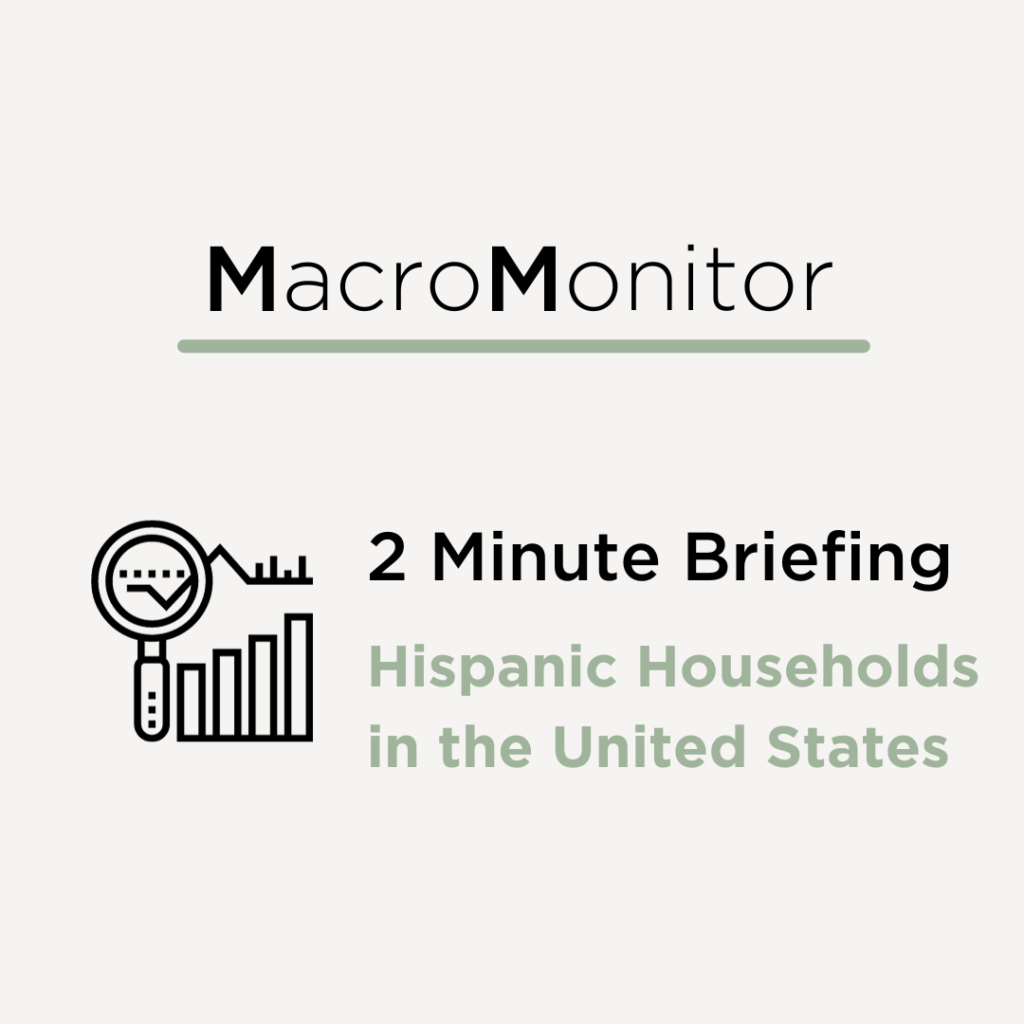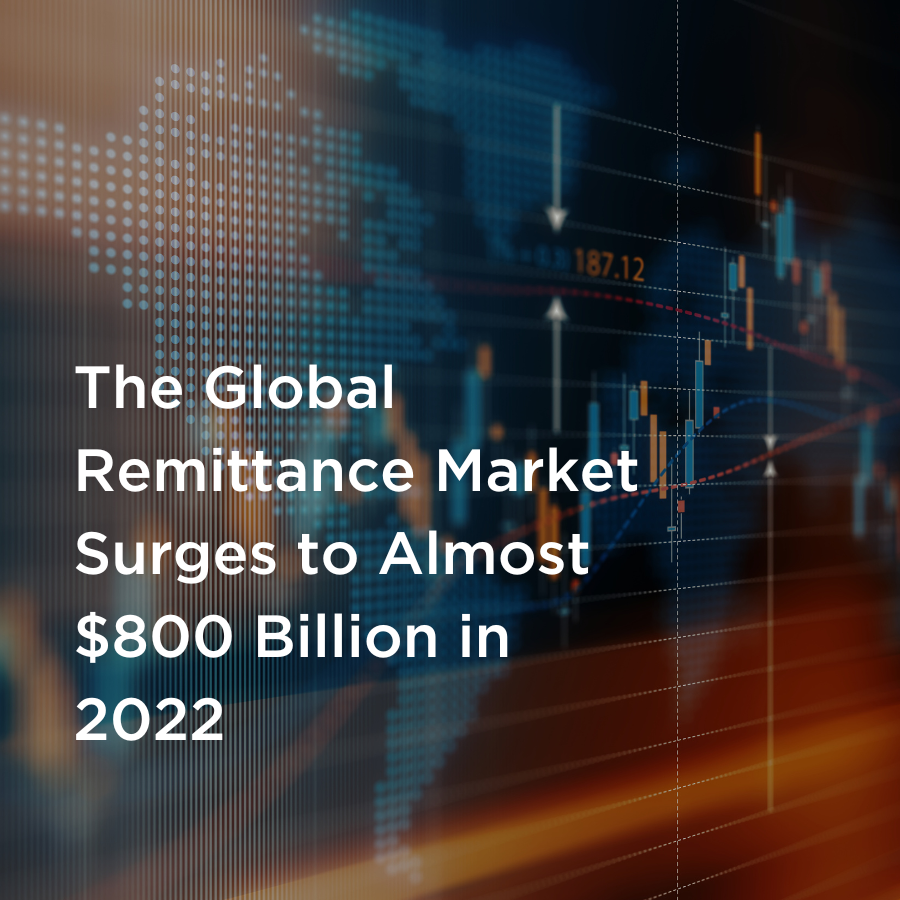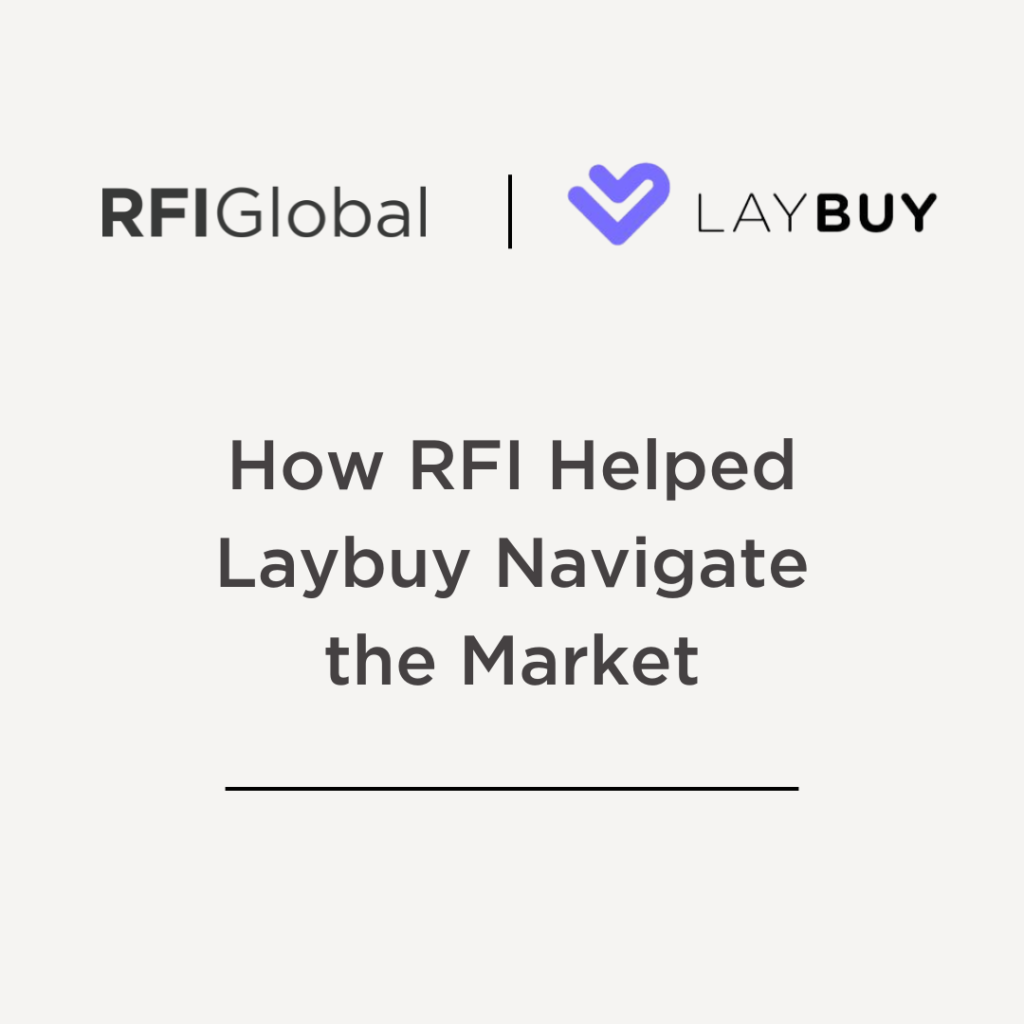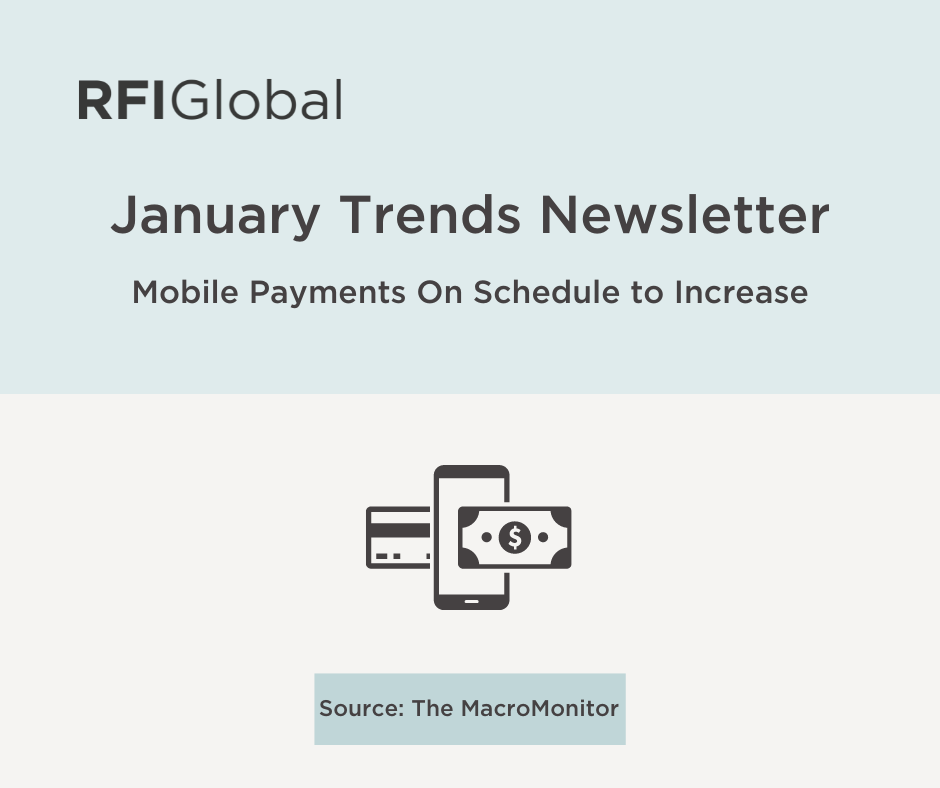The banking sector is transforming towards online platforms in the contemporary digital era. Singapore and Hong Kong stand out as global epicenters for technology and finance. With its advanced telecom infrastructure and widespread internet access, Singapore provides a fertile ground for the growth of digital banking. The nation’s government has been a catalyst, promoting digital initiatives and fostering a culture of innovation. Conversely, despite its stature as a premier financial hub, Hong Kong has a regulatory framework that has traditionally leaned towards conventional banking methods. This distinction has played a pivotal role in shaping the trajectory of digital banking adoption, leading to distinct consumer trends in these two vibrant economies.

Diving deeper into the digital banking scenario in Singapore and Hong Kong, this piece contrasts the ratio of heavy digital users to their traditional counterparts, enriched with data insights.
Digital Banking Adoption Trends in Singapore vs. Hong Kong

Moreover, the youth, especially in Singapore, are leading the digital banking revolution. Almost 50% of Gen Z in Singapore prefer online banking, while the figure stands at 30% in Hong Kong. The inclination towards traditional banking is consistent across age groups in both regions, but Hong Kong has a slightly higher percentage of traditional users.


Analyzing Net Promoter Scores (NPS) for Digital vs. Traditional Banking
The evolution of banking has seen a tug-of-war between digital and traditional channels, with customer loyalty hanging in the balance. By examining the Net Promoter Scores (NPS) of users in Singapore and Hong Kong, we can discern the prevailing banking preferences in these markets.
The Significance of NPS in Modern Banking
Net Promoter Score (NPS) is a crucial metric that reflects customer satisfaction and loyalty. In Singapore, RFI data indicates that heavy digital users are more satisfied with their main banks than traditional users, suggesting the success of digital channels. Conversely, in Hong Kong, traditional banking seems to resonate more with customers, as evidenced by higher NPS scores among heavy traditional users.
Regional Disparities and Implications
The contrasting NPS trends between Singapore and Hong Kong emphasize the need for banks to recognize and adapt to regional customer preferences. While Singapore leans towards digital banking, traditional channels hold sway in Hong Kong. This divergence underscores the importance of a tailored banking approach to cater to the unique needs of each market.

Case Study: Digital Payment Systems - PayNow (Singapore) vs. FPS (Hong Kong)
As the world rapidly transitions to digital platforms, two prominent payment systems emerge in Asia: PayNow in Singapore and the Faster Payment System (FPS) in Hong Kong. Both systems aim to simplify and expedite financial transactions, but their adoption and impact vary.
PayNow (Singapore)
PayNow is a digital payment service in Singapore that allows individuals and businesses to instantly send and receive money through electronic channels.
- Users can transact using their mobile number, National Registration Identity Card (NRIC) number, or UEN (Unique Entity Number).
- Seamless integration with existing banking services.
- Supported by a comprehensive network of participating banks.
- Widespread adoption due to its convenience.
- Significant reduction in reliance on traditional payment methods like cash.
- Boosted the adoption of digital channels among individuals and businesses.
Faster Payment System (FPS) - Hong Kong
FPS is Hong Kong’s answer to real-time digital payments, facilitating instant transactions.
- Enables real-time fund transfers.
- Users can make payments using the recipient’s mobile phone number, email address, or the FPS Identifier.
- Slower adoption rate compared to PayNow in Singapore.
Influenced by the city’s regulatory landscape and a historical preference for traditional banking channels.
The Future of Digital Banking in Asia
Singapore and Hong Kong have long been rivals in the world of finance and technology. In recent years, however, Singapore has gained an edge over Hong Kong to become the top financial centre in Asia Pacific. Amidst Hong Kong’s travel restrictions, political unrest, and differences in governance, competition between the two cities has intensified as they strive to establish themselves as leading global hubs. As the digital revolution continues to reshape the banking industry, both Singapore and Hong Kong will need to navigate these diverging trends and cater to the preferences of their respective customer segments.
Empower Your Financial Strategy with RFI Global Insights
At RFI Global, we offer extensive data insights and financial expertise to help financial players operating in this space develop effective strategies and seize the opportunities and better serve the needs of their customers.
For comprehensive data insights and financial expertise, contact RFI Global. We empower financial entities to craft effective strategies, harness opportunities, and better cater to their clientele.
[1] Bloomberg, Singapore Overtakes Hong Kong in World Financial Centers Ranking.
[2] The Economist, A winner has emerged in the old rivalry between Singapore and Hong Kong.








































































/NQA-ISO-27001-Logo-UKAS.jpg)